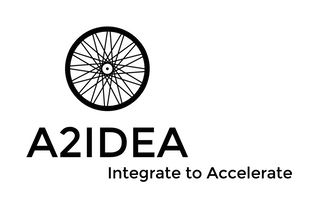If there's one thing we've learned about cancer, it's that there's no "one-size-fits-all" treatment. That's why it's especially exciting when new approaches are found, and recently, researchers at Institute of Molecular Systems Biology and University of Zurich have made a major breakthrough in triple negative breast cancer (TNBC).
In a massive proteomic study of 76 breast cancer cell lines, Rui Sun et al. have presented one of the most comprehensive investigations of BC cell lines, with promising insights for TNBC treatments especially. TNBC is one of the hardest forms of aggressive breast cancer to treat, as it does not express the three receptors (ER, PR and HER-2) that many common treatments, like endocrine therapy, rely on. This study and similar ones open up doors into new avenues of multi-omic and proteomic treatment -- in fact, it already has.
AKT inhibitors have already been approved by the FDA for hormone receptor positive advanced breast cancer, and have exhibited optimistic results. (AstraZeneca's capivasertib, in combination with fulvestrant, has increased the median progression-free survival of patients by almost four months compared to a placebo plus fulvestrant.) AKT signaling pathways, such as PI3K-AKT-mTOR, are often overactivated in cancer, resulting in increased cell proliferation. TNBC is no different, and AKT inhibitors might just be the development needed for treatment.
Of course, AKT inhibitors might not be the only avenue of care. While they were the most promising in the above study, an additional 38 proteins were identified as being specifically expressed in TNBC cell lines. While the aforementioned study focused on just three drugs - lapatinib, everolimus, and MK-2206, future research, using these publicly available datasets (DIA MS data PRIDE project PXD009597 and PXD004701), could prove to herald new drug therapies to better the prognosis of this aggressive disease.
If you’re interested in obtaining this data (looking past what is published in the supplemental data), please don't hesitate to reach out.

